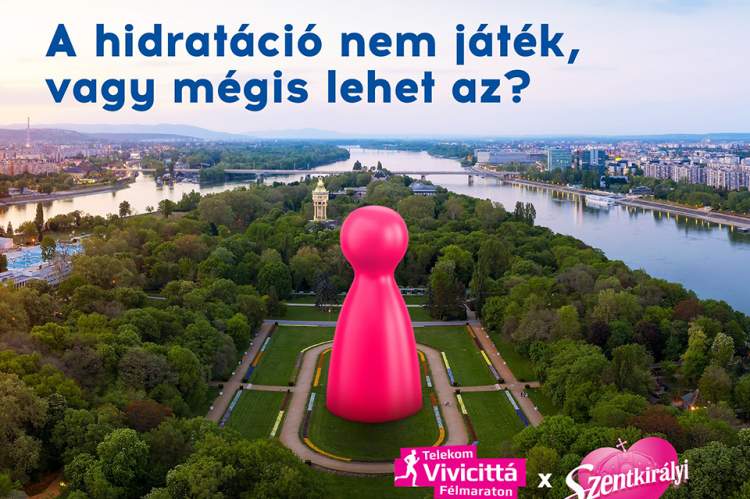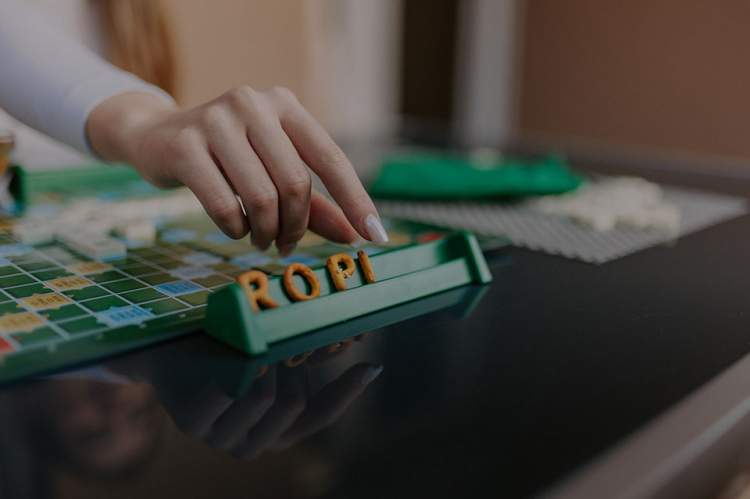Euthanasia, resucitation, brain-death, hert-death

Blessed be He in Whose hands is Dominion; and He over all things hath Power;- (Quran 67:1)

He Who created Death and Life, that He may try which of you is best in deed: and He is the Exalted in Might, Oft-Forgiving;- (Quran 67:1)
"Created Death and Life." Death is here put before Life, and it is created. Death is therefore not merely a negative state. In 2:28 we read: "Seeing that ye were without life (literally, dead), and He gave you life: then will He cause you to die, and will again bring you to life; and again to Him will ye retum." In 53:44, again, Death is put before Life. Death, then, is • the state before life began, which may be nonexistence or existence in some other form: • the state in which Life as we know it ceases, but existence does not cease; a state of Barzakh (23:100), or Barrier or Partition, after our visible Death and before Judgment; after that will be the new Life, which we conceive of under the term Eternity
The sanctity of life overrides other considerations. The earthly abode of life is the body, which is not ours, but is deposited with us, and like every deposit, it has come to us on a trust basis. As beneficiaries of the deposit, we must maintain the good condition of our body and if it is sick, it is our duty to treat it, not only to alleviate our feelings, but also to preserve the deposit. So, healing is a duty!
The suffering of the body, like other adversities of life conditions, is a trial that must be tolerated. So, the pain, the agony before death, is a phase of our lives that we can only intervene after understanding the following thoughts.
The most important thing to know is that science declares death when the brain ceases to work. Thus, the brain-death state exists when the function of the cerebral cortex stops, the perception, the reflex activity, and the innervation of life functions cease. In contrast, Sharia recognizes the postcardiac condition as death. After brain-death, the heart may not stop and the physiological signs of life, even if in small traces, may be present. Muslims, Gypsies and other nations still have the tradition of vigilance (sahr). Today, this is a custom, but it is based on waiting for the death of the heart and, of course, giving the due respect. At the same time, this period serves to wash the dead, to clothe or shroud him/her and to reveal the final respect. Funeral can be followed only after that. At the time of funeral, it is certain that the heart is no longer functioning.
Once we understood the difference between brain and heart-death, we can see how we can make decisions for our patient. If the patient suffers from a curable disease, we must do the utmost for the recovery, there is no dispute about that. The debate begins, what to do if our patient is incurable and has reached the final stage? The patient is placed under artificial conditions, machines replace certain organs, and his/her existence is no longer dependent on his/her consciousness, but on those machines. In this state, two concepts are taken into consideration by our scholars. These are the withholding and withdrawing. The circumstances of withholding are clear, and there is no dispute about it, because it means the withholding of life. If there is even the slightest hope of withholding life, the doctor, the patient and the relatives must struggle for the recovery.
Yes, but when can we withdraw life-maintaining interventions? There is a debate between our scholars. There are those who explicitly prescribe the maintenance of vital functions and do not acknowledge any objection. But a consensus starts to emerge too, that there is a way to stop interventions. In this case, two things must be considered. On the one hand, what is the role of application of machines in preventing heart-death after brain-death? On the other hand, to which extent the intervention serves withholding life or only serves the maintenance the comfort feeling of the patient? Because, if it serves only to maintain comfort, but life has lost all hope, then there is no need for intervention.
Here we come to the issue of resuscitation. There are cases when cardiac arrest occurs. If death, according to Sharia, is associated with cardiac arrest, can we revive the patient? The answer is absolutely yes. The withdrawal of resuscitation can occur only in two cases. If the hope of life in the given state of body is zero. The other is, if the patient had not otherwise ordered in a will in his/her full-minded condition previously. In this case the opportunity of resuscitation can be withdrawn. But this issue can only be evaluated at the condition of the final cardiac arrest. If no such will is made, the procedure as it is described before.
As we can see, life shapes the thinking of our scholars. It would be really good if our points also meet with the ideas of representatives of science.



















